In 2012, the Breakthrough Therapy Designation was signed into law. Four years later, Friends of Cancer Research (Friends) continues to steward the program that the organization developed by working closely with FDA and other stakeholders to ensure the program is as efficient and effective as possible. As part of this stewardship, Friends hosted a Senate briefing to discuss the successes so far, lessons learned and future strategies to enhance the program and the FDA at large.
The briefing also coincided with the recent release of a Friends research report in Nature Reviews Drug Discovery, which evaluated the trends of the breakthrough therapy designation in oncology.
The research found that since being signed into law in 2012, the FDA has received more than 300 requests for the breakthrough therapy designation, approving 40 breakthrough therapies as the program continues to provide life-saving treatments to patients as quickly and safely as possible.
The briefing opened with a keynote from Senator Michael Bennet (D-CO), a steadfast advocate for the FDA, who along with Senator Richard Burr (R-NC) and Senator Orin Hatch (R-UT), championed the legislation that created the designation in 2012. Sen. Bennet praised the work of the FDA, the program’s first four years for its immediately positive impact on drug development and for the impact on bettering patients’ lives. Following the Senator’s remarks was a dynamic panel discussion featuring FDA CDER Director, Janet Woodcock; Bristol-Myers Squibb’s Senior Vice President of Global Regulatory, Mathias Hukkehlhoven; Abbvie’s Senior Director of Global Pharmaceutical Affairs, David Ross; patient advocate Stephanie Dunn Haney and founder and chair of Friends, Ellen Sigal. Kate Rawson from Prevision Policy moderated the event.
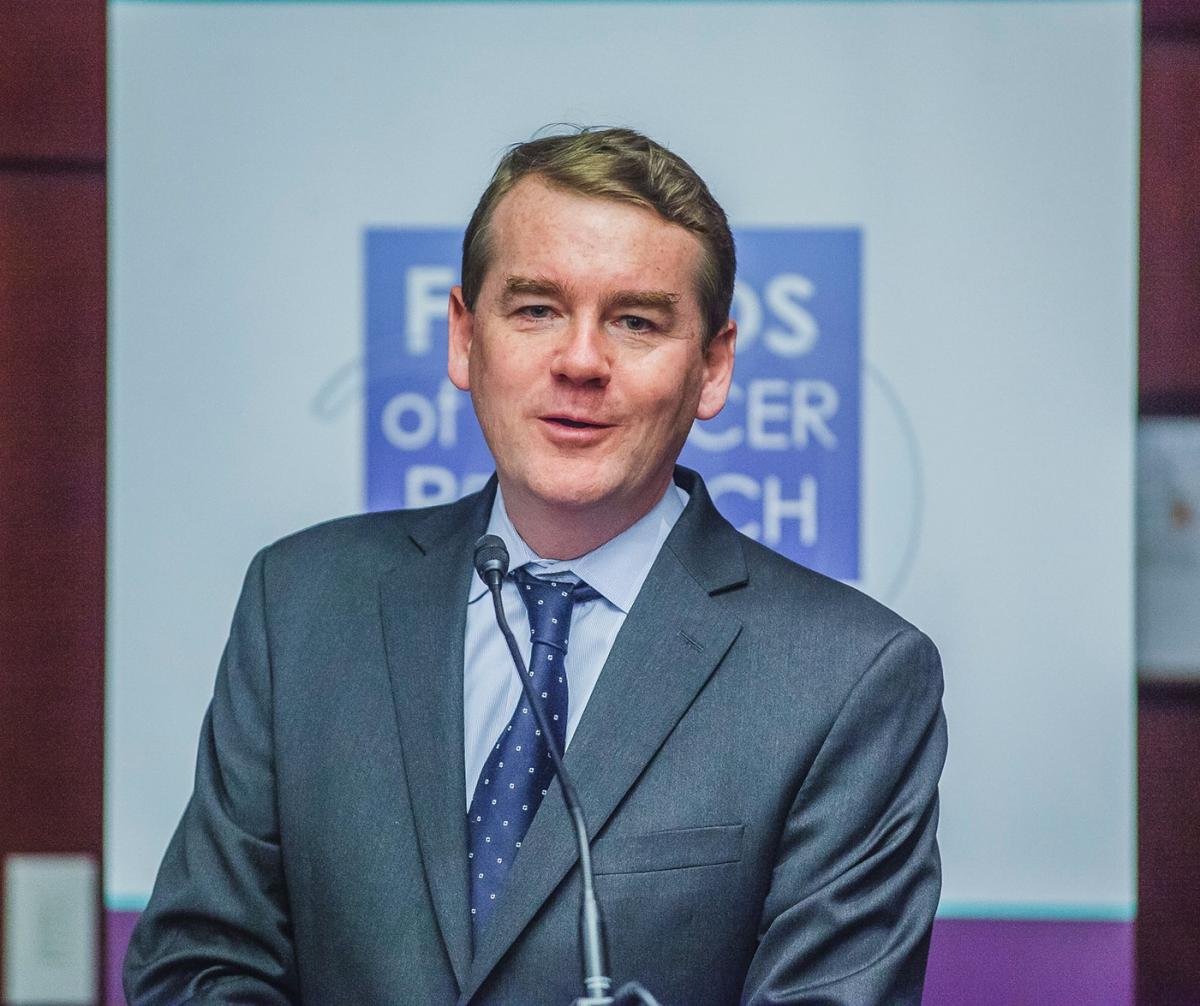
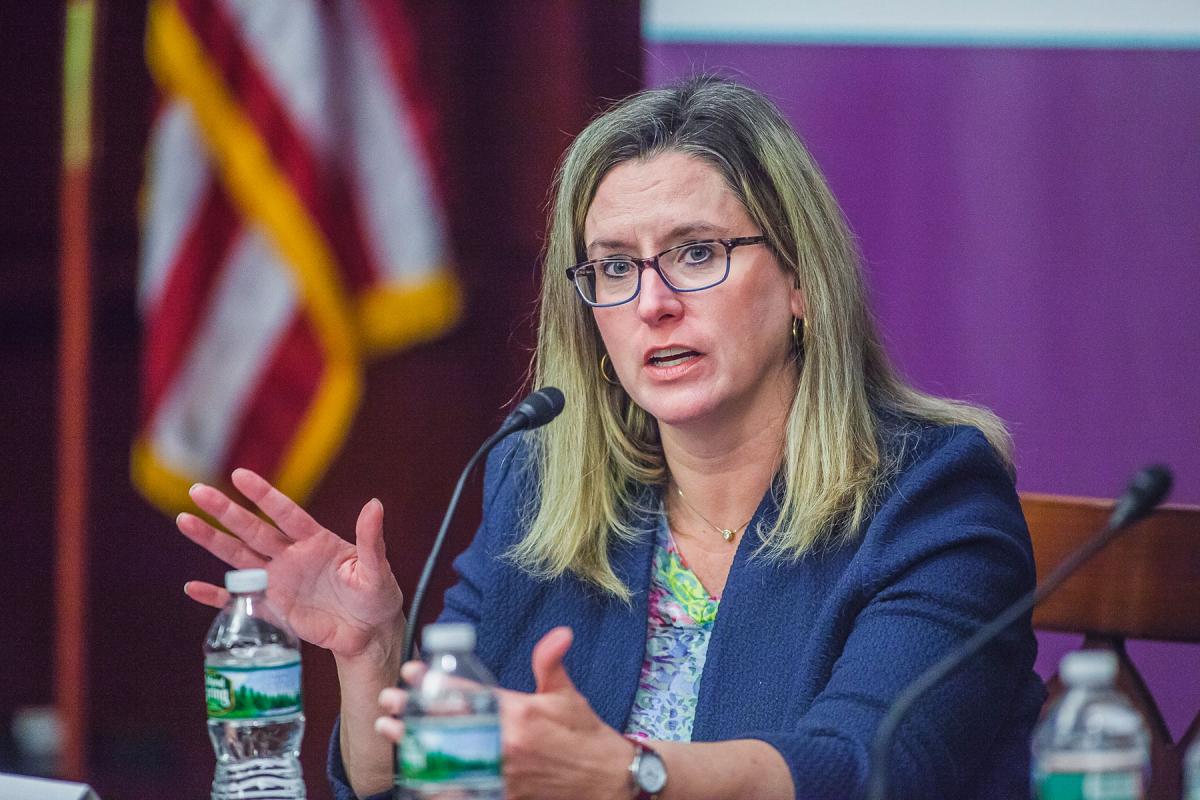
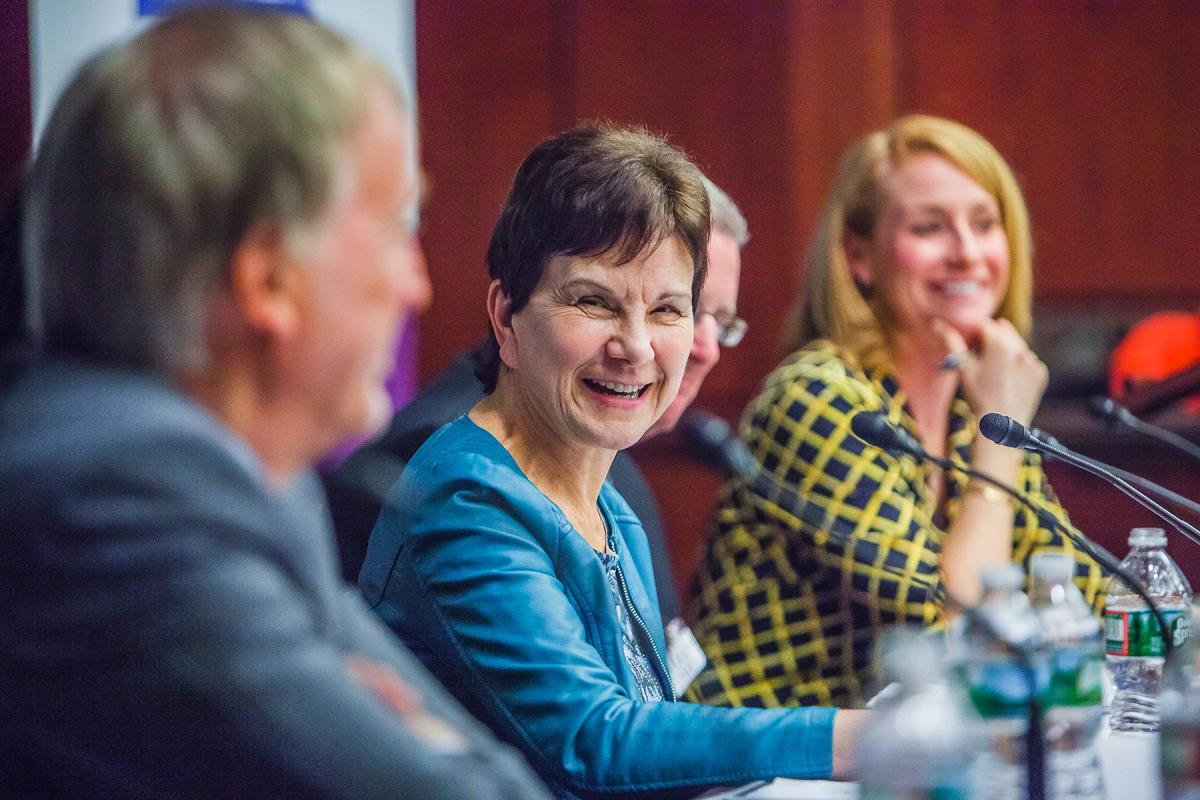
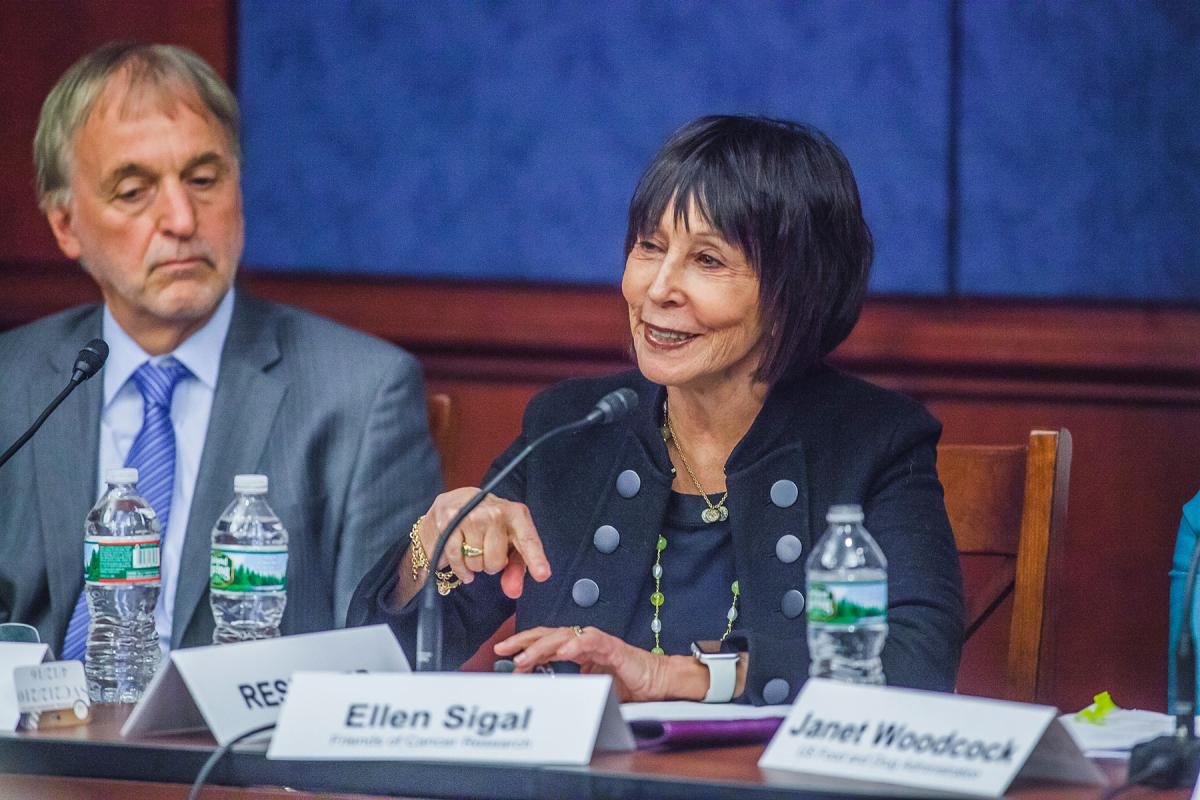
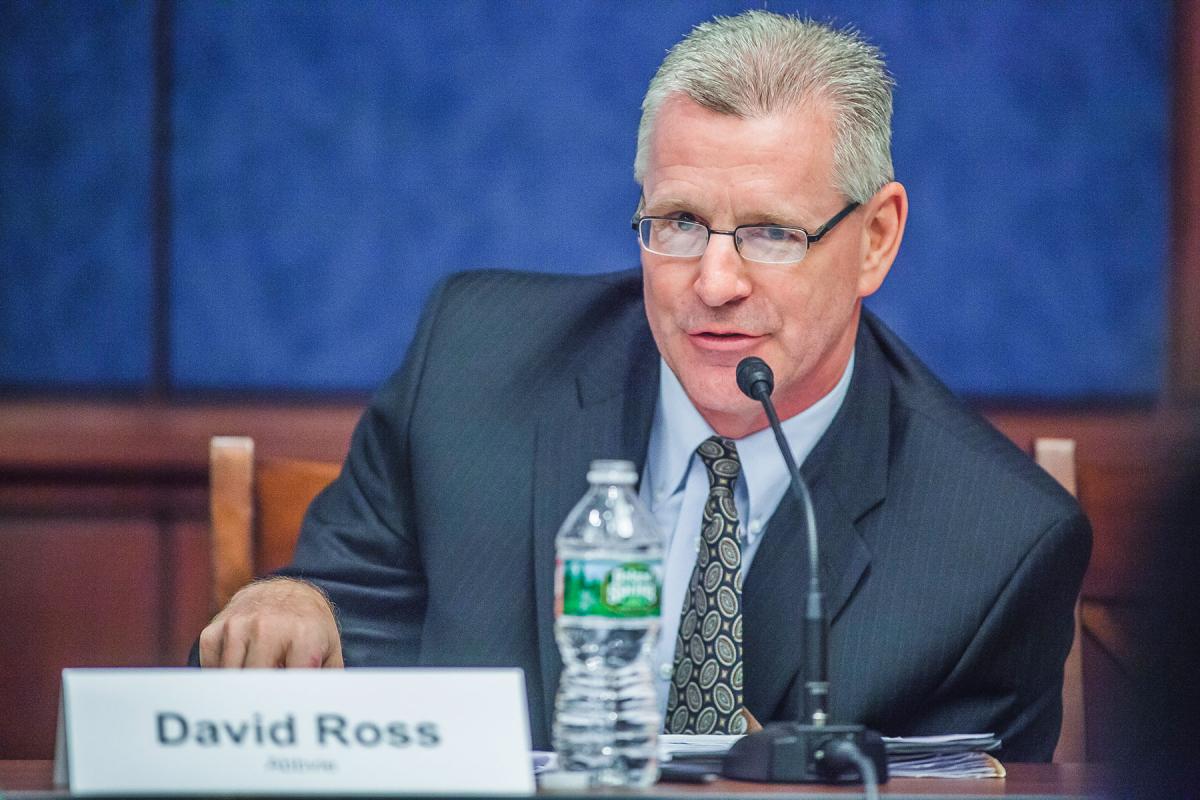
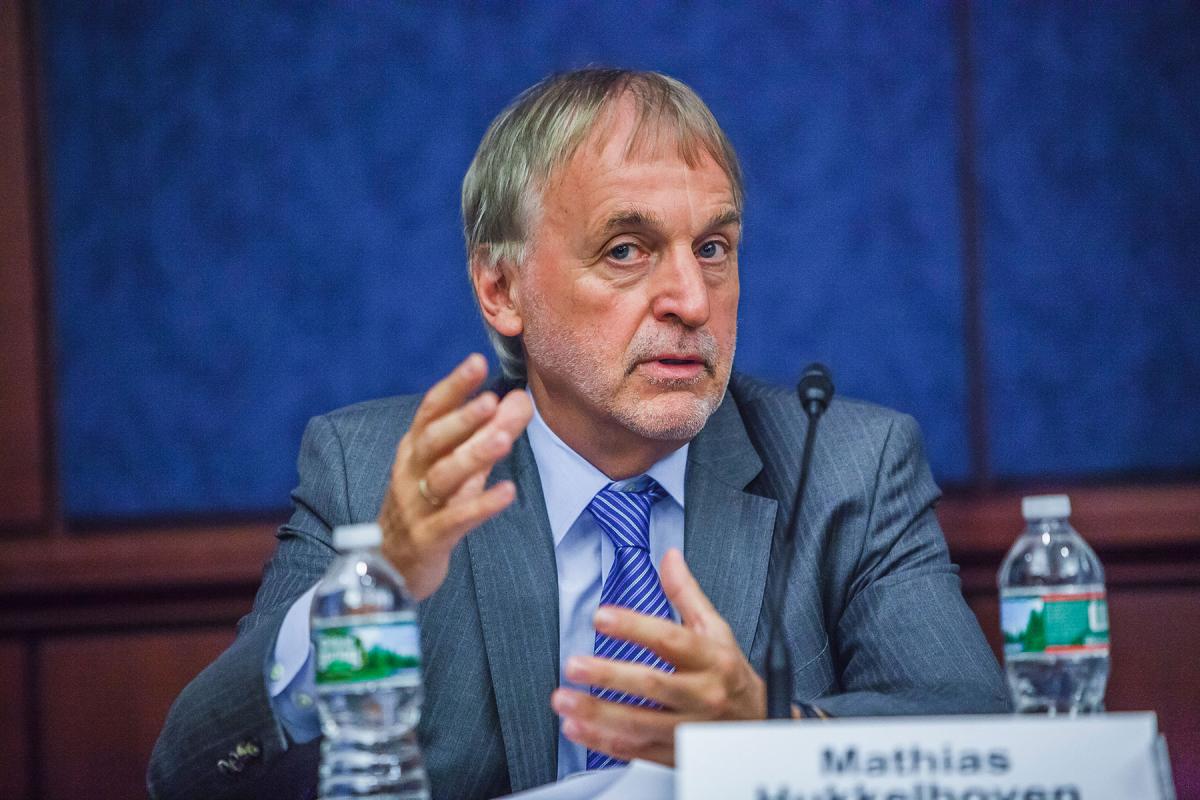
In 2012, the Breakthrough Therapy Designation was signed into law. Four years later, Friends of Cancer Research (Friends) continues to steward the program that the organization developed by working closely with FDA and other stakeholders to ensure the program is as efficient and effective as possible. As part of this stewardship, Friends hosted a Senate briefing to discuss the successes so far, lessons learned and future strategies to enhance the program and the FDA at large.
